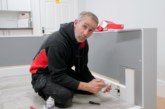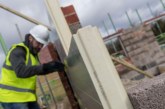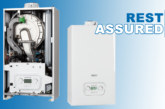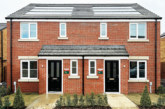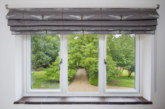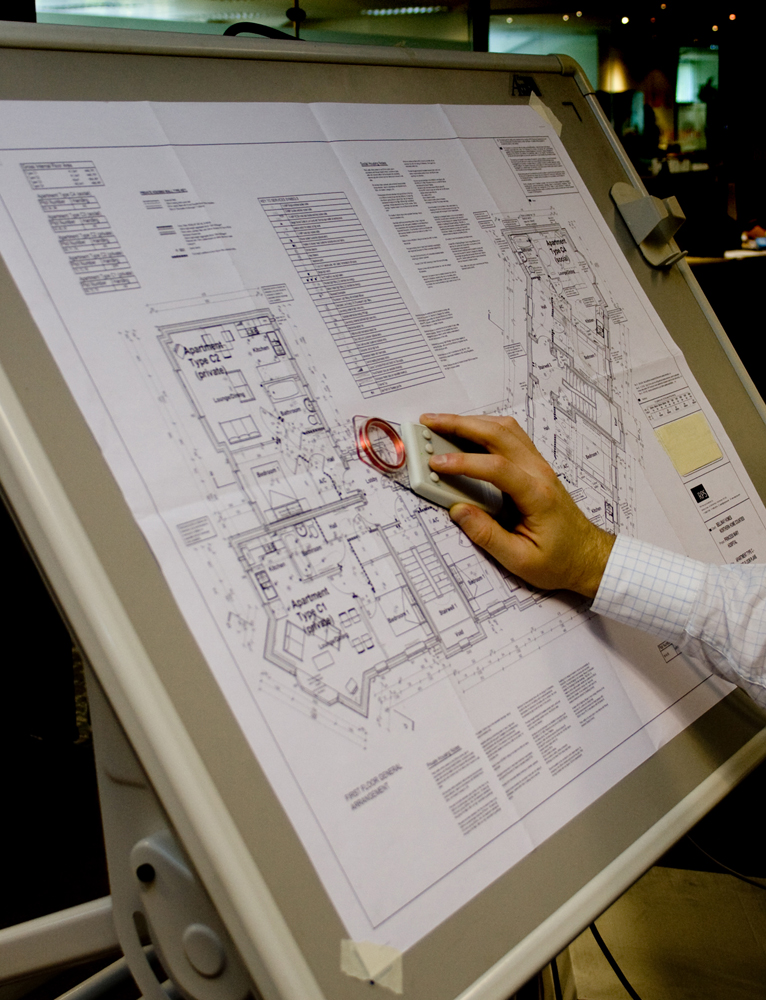
When specifying a heating system for a new-build property, a condensing gas boiler provides an efficient solution without the high capital outlay associated with renewables. The most common types used in UK homes are combination and system boilers. Bill Jones, Sales Director – Specification at Potterton, discusses the best applications for each.
Since 1st April 2005, it has been a legal requirement for all gas boilers installed in England and Wales to be condensing boilers. This legislation dramatically increased the standards across the industry, with modern boilers being around 24% more efficient than their older counterparts.
According to SEDBUK, annual fuel costs for the average detached property with a gas-condensing boiler are around £1,053 – compared to £1,705 for a non-condensing heavyweight model. Compared to a renewable option such as a ground source heat pump (GSHP), gas boilers are more affordable, quicker and easier to install. This is because GSHPs require boreholes to be drilled in the garden of the property to extract latent heat from the ground.
The options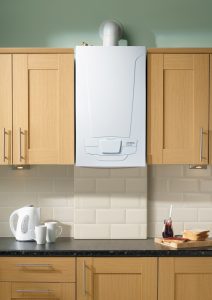
Combination (combi) boilers are a popular choice because they combine the characteristics of a conventional boiler, an unvented storage cylinder and a cold water storage tank within one unit. System boilers teamed with a storage cylinder are another solution. Providing they are sized correctly, both will be equally effective space heating systems. However, they must be installed in the right type of property to meet the hot water demands of the residents.
Combi boilers only heat water when demand is triggered, for example when a resident turns on a hot tap. On the other hand, system boilers pre-heat water during set operating times, which is then stored in an insulated tank for residents to draw upon as necessary.
Combi boilers
Combi boilers are easy to install and offer a continual supply of virtually instantaneous hot water without needing a storage cylinder, which frees up valuable space. Water is only heated when required, which reduces potential wastage. As such, installing a combi boiler can also help housebuilders to meet Part G of the Building Regulations; which states that water consumption in a new-build property shouldn’t exceed 125l per person per day.
“Combi boilers are easy to install and offer a continual supply of virtually instantaneous hot water without needing a storage cylinder, which frees up valuable space.”
The main disadvantage of combi boilers is that they may not be sufficient for bigger homes with intensive hot water demands, although there are larger output models available such as the Promax Ultra Combi which deliver higher flow rates. Nevertheless, a system boiler is generally recommended for properties with more than one bathroom.
System boilers
Providing they are paired with an adequately-sized storage cylinder and appropriate controls, system boilers can supply guaranteed hot water to more than one outlet at a time. However, cylinders take up more room and are not aesthetically pleasing, so provisions must be made for an appropriate area to house them. There is also a short downtime once all of the stored water has been used and the boiler refills the tank with a fresh supply of hot water. However, if the cylinder is sized correctly to the occupants’ needs, the risk of this occurring is minimised.
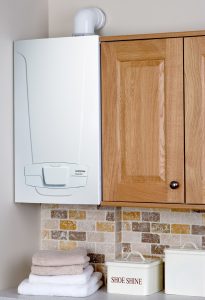
In fact, a high proportion of unvented cylinders are fitted in new-build properties – so much so that there is a noticeable correlation between cylinder and new build market growth. Unvented cylinders are specified because they deliver exceptional flow rates; our sister company Heatrae Sadia manufactures the Megaflo Eco, which can deliver up to 72l of hot water per minute. They can provide powerful showers and fast-filling baths without a significant drop in performance if more than one tap or shower is used at the same time, making them ideal for larger properties with multiple bathrooms. Unvented systems are also a good choice if luxury products such as multi jet showers and jetted air baths are fitted, which rely on fast flow rates to work effectively.
Although unvented cylinders have become the preferred option for many housebuilders, it’s important for specifiers to consider that for smaller dwellings with fewer bathrooms and fewer occupants, a combi boiler could be a more appropriate choice.
Design options
To ensure homeowners’ hot water demands and expectations are met, it is important to install the right heating system for the property. Potterton’s Newdesign team provides a complete design service for residential developments and is able to work with SAP assessors and other technical parties to help housebuilders meet carbon or energy targets. In addition, Potterton’s whole life costing model helps housebuilders to analyse all the costs and revenues associated with installing a Potterton boiler.
The good news is there is a diverse range of condensing gas boilers on the market to suit every application. The crucial part is selecting a model which is suitable for the size and specification of the property to ensure the occupants’ hot water needs are met.


